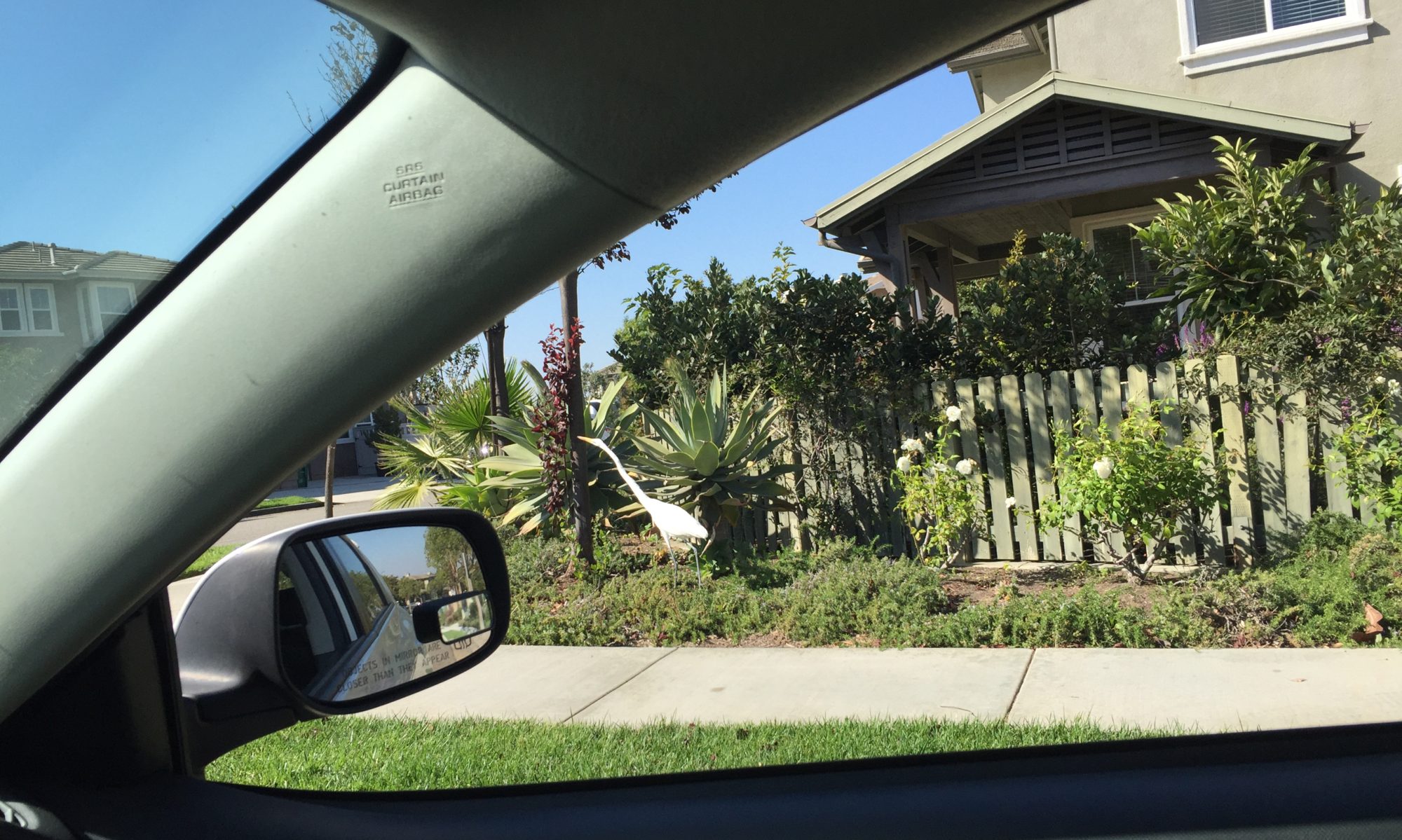Osip Mandelstam once wrote that a poem begins with an obsessive humming in the ears, what some might call an earworm. That is certainly how it has been for me, though there are many things that go on after that initial tuning in, that annuciazione. The specificity of poetic language can in fact be found in the tension between the pull of words organizing themselves, being organized by the writer, and the noumenon those words evoke. I have written elsewhere that the reason I write is to have poems I understand to read. This poem, the words and the events feeding them have haunted me for years. The seminal incident which fed and still feeds Edge goes back to the winter of 1969 in Edmonton when I lived in a highrise for the first time. I can no longer determine whether “walls of light” came first or the vertigo of feeling on a precipice with no walls to retain me. That I projected that giddiness into another’s relationship with me was, however, there from the onset.
***
Hold still, I know it hurts
much more than I can judge.
You live on the very edge,
your guts exert
gravity to begrudge.
Hold still, I know it hurts
when once again he skirts
the pith with verbiage.
He too lives on a ledge,
his arguments integuments,
scaffolding where he can lodge.
Hold still, I know it hurts.
Precariousness imparts
this poignancy to rage.
We all must face the edge
when nakedness thwarts
and confines us in its cage.
Hold still, I know it hurts.
You live on the very edge.
< Memory the Mockingbird
